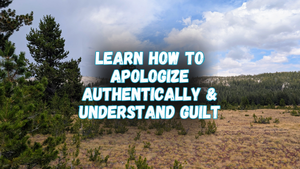Apologizing is hard, right? I certainly feel I could learn a lot about apologies, which is why I'm so excited to share this collaboration with Chris Musei-Sequeira!
Chris helps post-capitalist, post-colonial leaders align their work with their values, with marketing strategy and operational improvements, and writes the newsletter Beyond Colonialism.
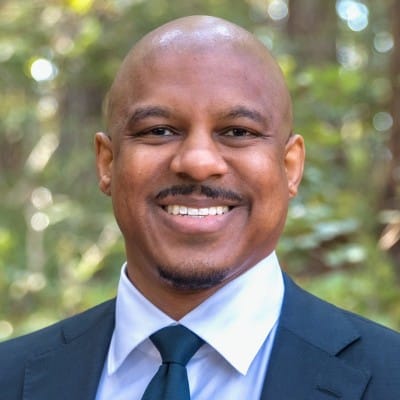
I responded to Chris’s newsletter post, “The sins of your ancestors.” about how some people react to the uncomfortable topic of colonialism.
We discussed guilt and apologies:
Rey: “I think feeling guilt can be uncomfortable but is not a bad thing, especially if it's the most reasonable feeling as a person in the US who has profited from advantages of their grandparents immigrating as white people able to buy property, etc.
I love what you said that justice is not punishment. It's simply what's right.”
Chris: “Your comment makes me wonder just how common it is to teach children how to understand guilt, give authentic apologies, and set things right with those who they may have hurt. I can't speak broadly (even in the USA context) but I have a sinking feeling that such teaching is rare. Folks who don't learn such a skill with people right in front of them might naturally struggle severely when faced with the reality of inter-generational oppression.”
Rey: “That's a great point. I think it would be so helpful to teach and be taught how to feel guilt, apologize, and work towards making things right. I think it is unfortunately not a skill that many people know or teach. Thank you.”
I reached out to Chris to ask if he’d be interested in continuing our conversation about learning about guilt and authentic apologies, and I’m delighted to share our collaboration:
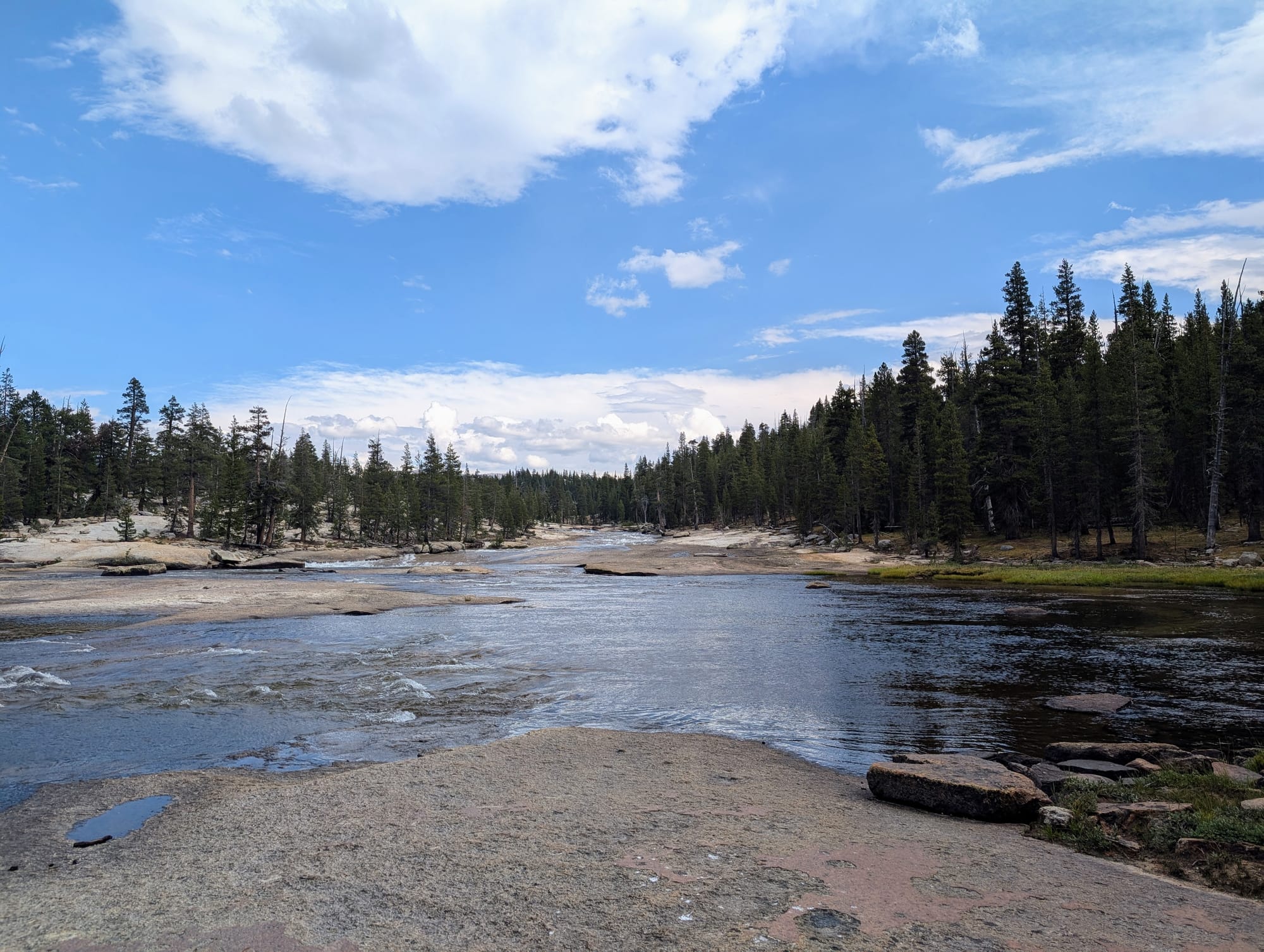
Rey: What do you think are the reasons or feelings that prevent people from apologizing?
Chris: I would first like to thank you, Rey, for the opportunity to share about this topic with your audience. I’m glad that my newsletter article “The Sins of Your Ancestors” spoke to you in the way that it did.
I believe it’s important for me to state that I’m not a trained psychologist or historian. I also don’t have children (beyond a cat!). I also believe it’s very important for me to state that I am a cisgender man who presents as such.
So, my words about apologizing are based on my own life in the United States of America, the life experiences that my friends (within and outside of the USA) have shared with me, and my general observations of USA culture.
What first comes up for me in response to your question is the following, at the level of individual people: How and where are we taught that it is possible to sit with uncomfortable emotions like guilt, without having to immediately transmute those emotions into something else?
When I think of that verb “taught,” I’m thinking broadly about messaging from all sources: from movies to music; from parents to politicians. Particularly for cisgender men, that messaging is: only emotions of domination are appropriate to express. So guilt, sadness, and disappointment are straight away transmuted into anger…to the point where a person may not even recognize negative emotions within themselves other than anger.
Anger demands a target to dominate, either outward or toward ourselves. And quite simply: in a culture where “only emotions of domination are appropriate to express,” to apologize is to allow oneself to be dominated. To apologize is to say to the world: “I am not perfect; I make mistakes; I am vulnerable.” Thus, in such a culture, apologizing is the opposite of appropriate: It’s a form of weakness.
I do want to amplify the importance of being able to recognize and name our own emotions before we can make authentic apologies. For example: what does “guilt” feel like? Where does that feeling sit in our bodies? What is the contextual information that we use to definitely identify that the feeling is “guilt,” rather than…say, a stomach-ache from eating too much chocolate? It’s hard to make an apology if we don’t even know what we're apologizing for. This is a skill that must be taught, and I’m still learning actively about it even today. Therapy and relationships with trusted people in my life have been essential to my learning process.
I next want to talk about what prevents apologies from organizations. I strongly believe the following: just as we individuals express our values through our behaviors, organizations express their values through their business processes.
This begins to touch on the heart of my article “The sins of your ancestors.” In a cultural environment where apologizing is a form of weakness–that is to say, acknowledgment of mistakes is not tolerated–there is little incentive to build business processes that allow accountability and redress. I’ll talk more about accountability and redress shortly.
Rey: What makes a good apology, in your opinion?
Chris: I believe that a good apology is a conversational process, not a string of words. Thus, I like to talk about “apologizing” as a verb, rather than an “apology” as a noun. I believe that the overall purpose of the apologizing process is (1) to acknowledge harm done, and (2) redress that harm. I’d like to present below a process of apologizing at an interpersonal level, which builds directly from a process introduced to me by my friend Jax Bayne of the company Gryffin Core:
- Listen without judgment: Is there a voice telling you that you have caused harm? This could be someone else’s voice, or it could be your own inner voice. Listen to what that voice is saying. Understand that listening is not the same as judging; they are two distinct acts that do not have to pair together.
- Decide: Are you sorry? It’s important to acknowledge that the apologizing process requires deciding whether you’re actually sorry for the harm done. This is a choice. If you decide you aren’t sorry, then the apologizing process ends here. But if you are sorry, then you can go to the next step.
- Invite a conversation: Reach out to the person harmed and name that you did harm. Invite the person harmed to engage with you in a conversation about redress. Invite that person to explore with you what kind of conversational space would help them feel safe to speak.
- Acknowledge their autonomy: Acknowledge to yourself that the person harmed is not obligated to speak to you and may never wish to speak to you; they get to choose. Accept the truth that you do not have control over that person. If the person is not open to a conversation about harm and redress, then the apologizing process ends here. But if the person does wish to speak, then you can go to the next step.
- Take accountability for harm: Name how you harmed that person, then take accountability for the harm you caused.
- Speak an apology: Here I will quote Jax Bayne directly: “Sincerely say you are sorry for the harm caused and the pain and suffering experienced by the wounded party.”
- Ask about redress: Invite the person harmed to share what they want you to do for redress. This could be anything under the sun, from words to resources or other kinds of reparations. The key here is that you are asking the harmed person about redress, rather than imposing your own ideas of redress.
- Acknowledge your autonomy: Acknowledge to yourself that you are not obligated to provide redress in the ways requested by the harmed person; you get to choose. You may decide to do all, some, or none of what the harmed person is asking you to do for redress. This is a great opportunity to converse with the person about how each of you truly wishes to proceed, and establish an agreement.
- Commit: Authentically choose to implement the redress actions that you agreed to take. Furthermore, commit to changing your actions in specific different ways so you do not harm the person again.
Note that in the process above, I’ve said nothing about who the harmed person is. I’ve said nothing about the level of intimacy (e.g. friend, family, stranger) or about positionality generally. This is because I believe that these very-important aspects of the relationship between you and the harmed person manifest themselves in different ways at each step. In particular, positionality may have a huge impact on whether the harmed person wishes to speak to you, as well as what kind of conversational space would help them to feel safe. I believe it’s your responsibility to establish that safe space, rather than the responsibility of the harmed person.
I believe that the process above can, and should, be adapted for organizations as well. Organizations must have business processes for the steps above, especially for communication and harm redress. This could be a lengthy conversation well beyond the scope of this newsletter article. Perhaps for another time!
For me, the steps acknowledging autonomy are important to make explicit. I feel like I gained a better understanding of myself and of others once I learned that we all get to choose whether to participate fully in an apology process or not.
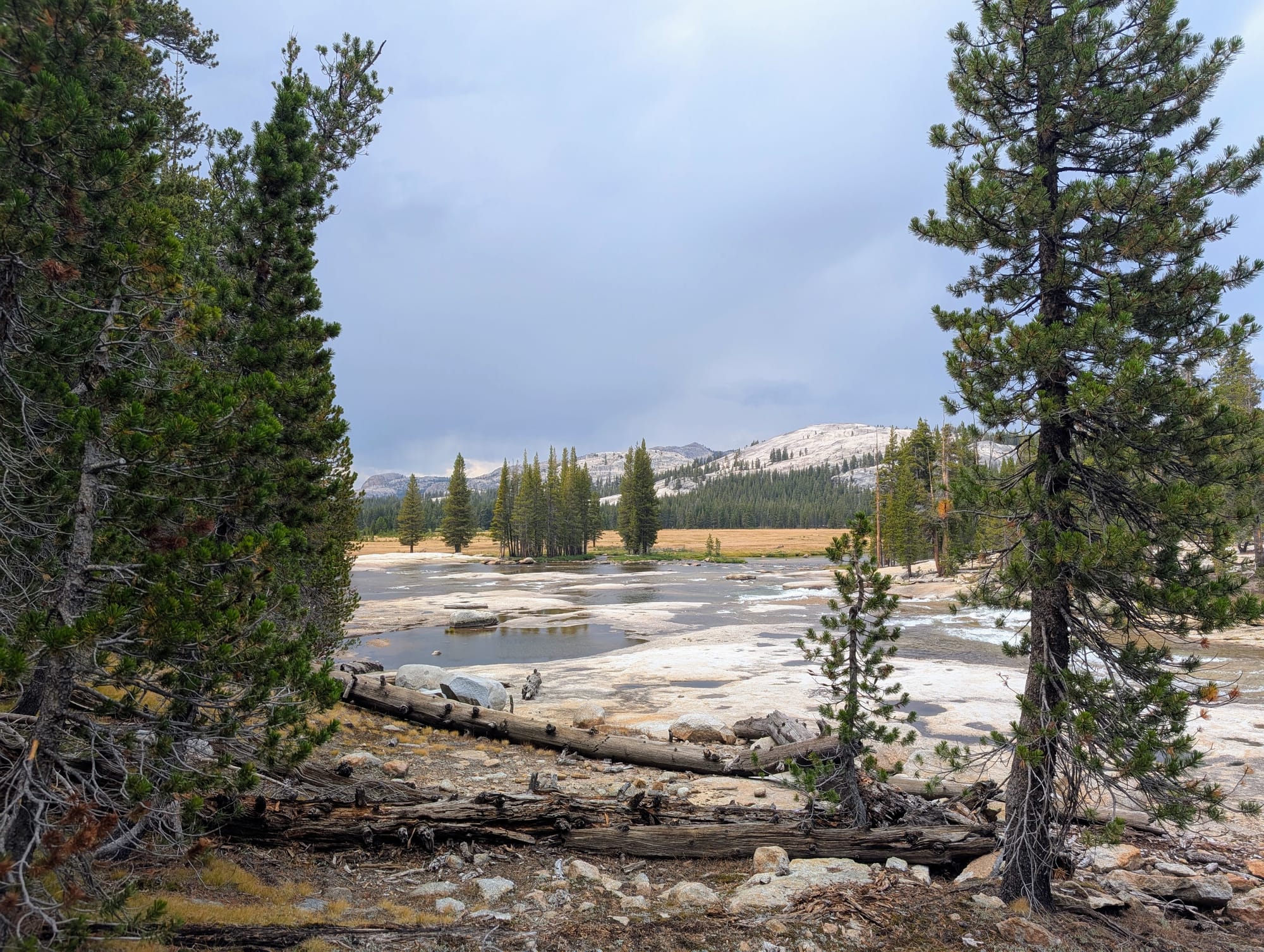
Rey: Do you think it’s possible to teach kids and adults to be better at making apologies?
Chris: I absolutely do. I believe that one of the most important teaching tools is leading by example, with how we apologize to folks across the spectrum of intimacy: from close family members to strangers. Children will especially pick up on how adults navigate the apologizing process in their presence.
I might also invite readers of this newsletter to reflect on the apologizing process presented above and consider how it may be similar to, or different from, how they have apologized in the past.
Rey: When white people are unlearning racism and colonialism, they may feel guilt or discomfort which can lead to defensiveness. Do you have advice for how someone can sit with and accept guilt, to be able to offer an apology and continue their anti-racist learning instead of becoming defensive?
Chris: What comes up for me with this question is the idea that guilt and other forms of discomfort do not have to automatically lead to defensiveness. There is no law of physics stating that we must express our discomfort with defensiveness, or anger, or the insistence on being “right,” or even at all.
However, because the cultural environment (at least in the USA) doesn’t do a good job of teaching people to sit with discomfort, I think that inner healing work is a prerequisite for anti-racist learning. We have to build our capacity to be patient and kind with our inner selves, especially in a cultural environment that rewards lashing out. Again, I’m saying this as someone who is not a psychologist. Instead, I might recommend the following: Identify, find, or create a space of care where it’s okay to discuss challenging topics with other people.
Such spaces also provide the opportunity to practice listening to ourselves and discerning our emotions. Spaces of care could be in person or online; they could include you and one other person, or you and multiple people. The spaces of care that I place myself in, which includes spaces with therapists, have been essential to building my capacity for handling discomfort.
Rey: I was very impressed by your recent essay in which you tell a story about calling the cops on a Black man years ago but later regret that choice. You end the essay with an apology, a strong and confident conclusion.
Do you think people feel vulnerable when apologizing, but the other person receiving or witnessing the apology usually sees it as an act of strength?
Chris: Thank you for your kind words about my article, where I described a life event that occurred over 10 years ago. I think the situation described within is an interesting case for the apologizing process I presented above, because the person involved is someone I never saw again and I also don’t know if any harm ever came to them because of my action.
The apologizing process revolves around actual harm done, rather than hypotheticals. And yet, I believe that my behavior 10 years ago massively increased the risk of harm. For me, that is similar to naming the harm caused. Yet, I acknowledge that I may never know how, or if, the world changed for that specific person because of my choice that evening.
Concerning your question, my sense is that there is a big positionality element to whether someone feels vulnerable when apologizing, and whether the receiver or witness of the apology sees it as an act of strength. For example: for one person, the act of apologizing may feel humiliating. For another person, the act of apologizing may be a way to achieve safety in a dangerous situation; that is, it may feel vulnerable to not apologize.
Some people receiving an apology may see it as an act of strength and autonomy (taking responsibility), while others may see it as an act of submission. Because we have so many different kinds of relationships in our lives, I believe it’s important to practice listening to ourselves and other people so that we can be adaptable.
Rey: Is there anything else you wish people would learn about guilt and apologies?
Chris: In my article “The sins of your ancestors,” I propose this hypothetical situation to the reader:
“Let’s say hypothetically you're a homeowner, and one day you discover that the people who sold you your home actually never owned the home themselves. In other words: it was never their home to sell to you in the first place. How would you respond in that situation?”
I would invite people to explore what they would do in that hypothetical situation, using the apologizing process, and ask themselves: Where has harm been caused? What is your role in the harm? If you believe you have a role, what do you believe is your responsibility to redress?
I extend this invitation because I believe that processes for apologies can and should exist at numerous scales: from the face-to-face interpersonal, all the way to the societal level where the people harmed may be separate in space and time. Therefore, I want people to at least explore what apologizing at scales beyond the interpersonal could look like, and what thoughts and feelings come up when considering those scales. This exploration can broaden and deepen our capacity to live in peace with others on this planet.
Rey: Thank you so much, Chris! I have learned so much from you and I am incredibly grateful for your generosity sharing your expertise with our readers. I really appreciate your work to inform and educate people, aligning your work with your morals, and demonstrating through your writing how to advocate for a better world.
Chris: Thank you for the opportunity to share my thoughts with your readers. I invite people to subscribe to my newsletter and also connect with me on LinkedIn.
Rey: Please also share this with friends and family, and let us know what you think in the comments!
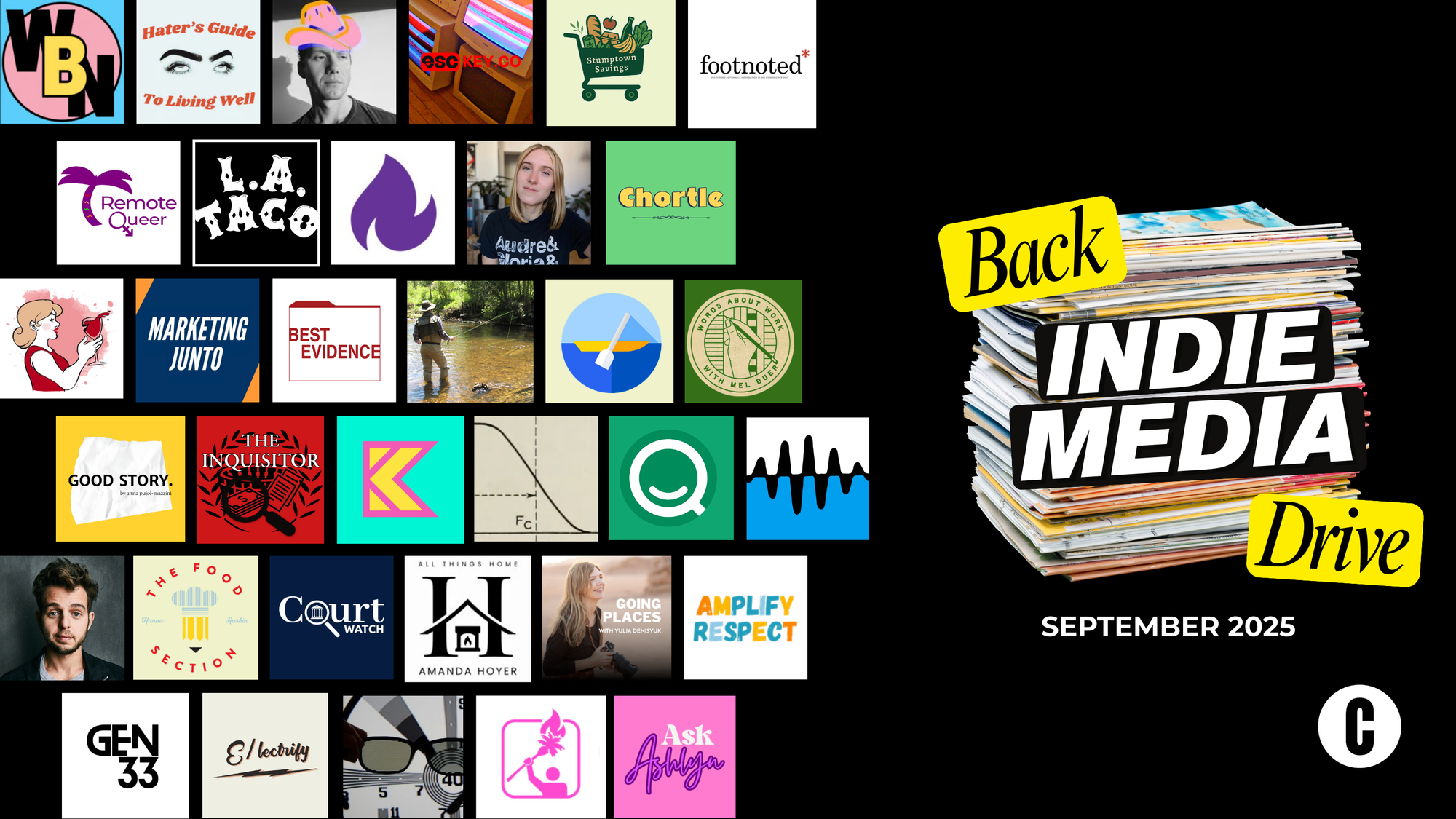
If you like reading quality independent content, you should back indie publishers. Your financial support makes such a huge difference to these small individuals and organizations. Find your next great read:

